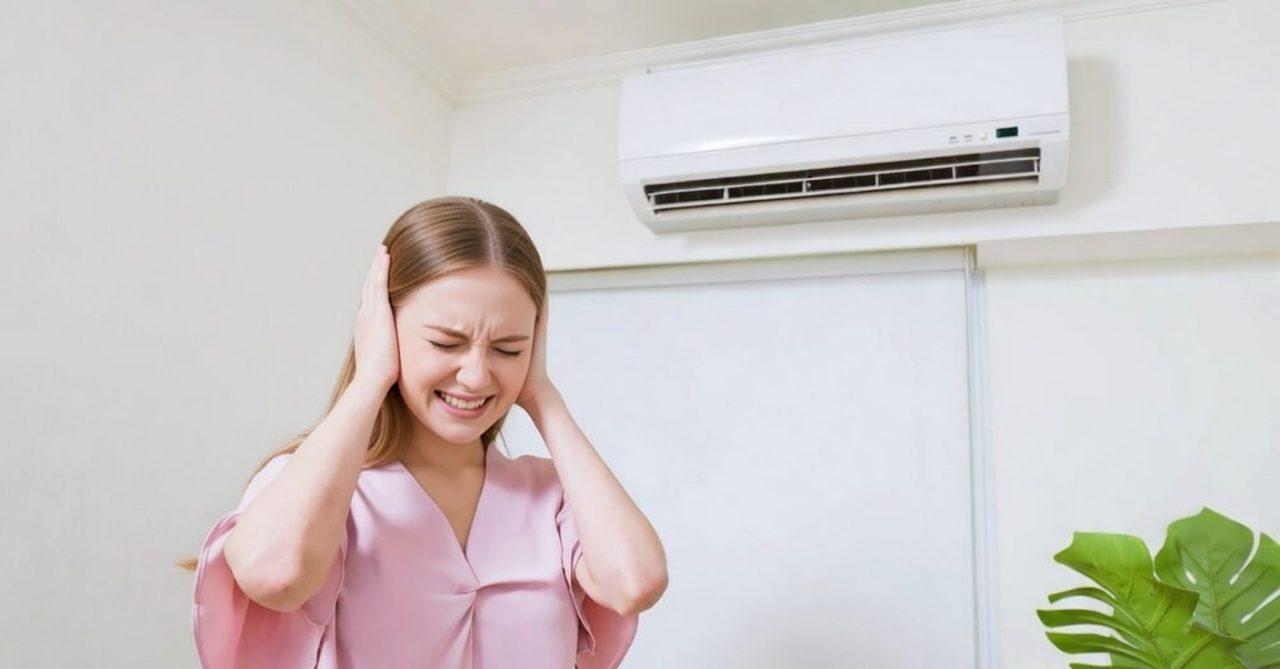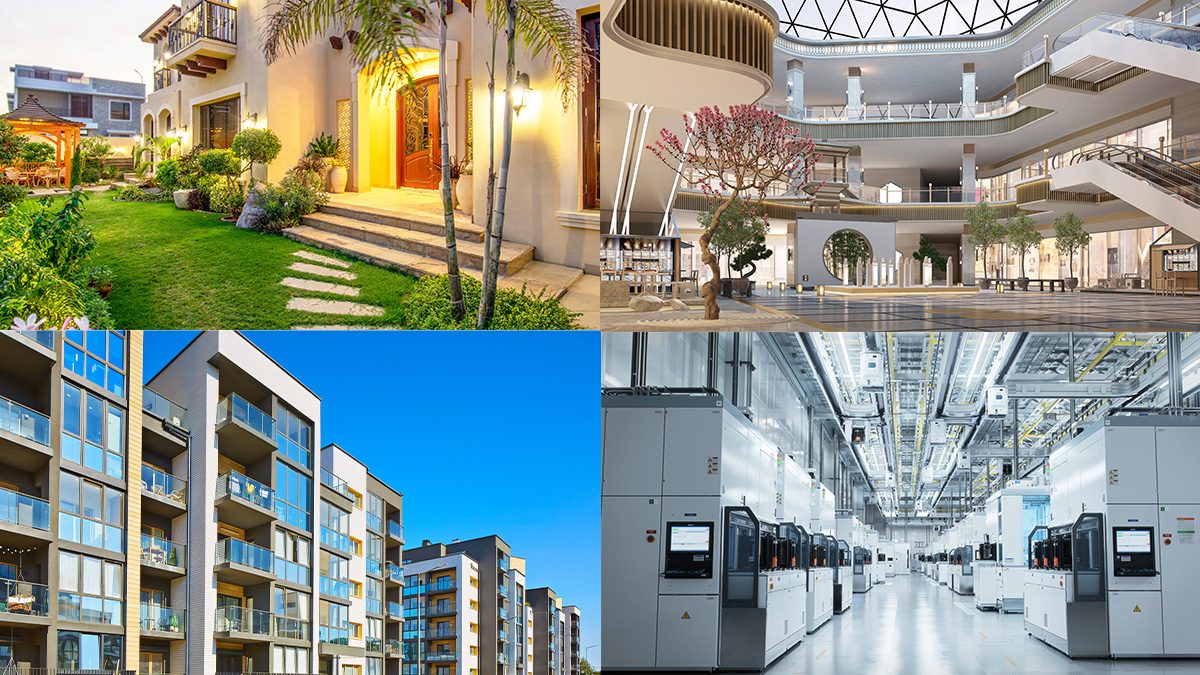
In HVAC (Heating, Ventilation, and Air Conditioning) systems, pumps play a crucial role in ensuring the smooth circulation of fluids, maintaining efficiency, and supporting comfortable temperature regulation across spaces. Choosing the correct type of pump is essential, as different models are designed to meet varying needs based on flow rate, pressure, and system design.
In this article, we’ll cover the main types of pumps used in HVAC systems, exploring how each one functions. We’ll also discuss how HVAC pumps work, essential factors to consider when selecting a pump, common issues to watch out for, and maintenance tips to keep your system running smoothly.
Types of Pumps Used in HVAC Systems
Okay, so let’s start with some of the most commonly used types of pumps in HVAC applications:
Variable-Speed Pumps: Variable-speed pumps are fitted with a Variable Speed Drive (VSD), allowing them to adjust their operating speed according to system demands. This feature is particularly useful when pumping fluids across relatively flat surfaces, where much of the energy expended is to overcome frictional forces.
Single-Stage Pumps: Single-stage pumps feature a straightforward design, with one impeller rotating on a shaft inside a pump casing. Driven by a motor, these pumps generate flow with a simple and effective mechanism. A key advantage is their close-coupled structure, where the motor and pump are separate components, making maintenance easier and less costly.
Multi-Stage Pumps: Multi-stage pumps contain multiple impellers and diffusers arranged in series, allowing them to achieve much higher pressures than single-stage designs. With each stage adding to the cumulative pressure, these pumps are well-suited for systems that require a higher head or substantial pressure at certain points. The modular construction of multi-stage pumps makes them versatile for vertical and horizontal installations.
Centrifugal Pumps: Centrifugal pumps are one of the most widely used types in HVAC systems due to their efficiency and ability to handle large volumes of fluid at low to medium pressures. These pumps use a rotating impeller to generate centrifugal force, pushing the fluid outward to create flow. Centrifugal pumps are highly effective for systems requiring steady, continuous flow, and they’re often the choice for moving water through chillers, cooling towers, and other large HVAC components.
End-Suction Pumps: End-suction pumps are a type of centrifugal pump with a unique design where the suction and discharge nozzles are located at opposite ends of the casing. This configuration makes them compact and easy to install, especially in tight spaces within HVAC systems. End-suction pumps are typically single-stage and are commonly used for moderate flow applications, such as circulating water in small- to medium-sized HVAC systems.
In-Line Pumps: In-line pumps are another centrifugal pump variant specifically designed to be mounted directly in the piping line, saving space and simplifying installation. Their compact, in-line design makes them ideal for high-rise buildings or other installations with limited floor space. Because of their smaller footprint, in-line pumps are often used for circulating water in residential or small commercial HVAC systems.
Booster Pumps: Booster pumps are typically used to increase water pressure in HVAC systems, especially in larger buildings or where long piping runs may cause pressure drops. Depending on the required pressure, they can be single-stage or multi-stage and are ideal for systems needing extra power to circulate fluids over significant distances or heights.
- Condensate Pumps: Condensate pumps are used to remove condensation produced by air handlers, cooling coils, or other HVAC components. These small pumps prevent moisture buildup in the system, ensuring efficient operation and protecting against water damage. They’re particularly useful in applications where gravity drainage is not feasible.
How HVAC Pumps Work
A heat pump operates by moving heat from one location to another, using either the air or ground as a heat source. In an air-source heat pump, heat is transferred between indoor and outdoor air, while a ground-source heat pump (often called a geothermal heat pump) moves heat between indoor air and the earth outside.
Factors to Consider When Choosing an HVAC Pump
Now, let’s examine some key factors to consider when selecting the best HVAC pump:
Power and Capacity: Going for the most powerful heat pump isn’t always ideal. If the unit is too powerful, it may cool the air too quickly without effectively dehumidifying it. So, choosing the correct size and capacity for your space will improve comfort and efficiency.
Energy Efficiency: Investing in an energy-efficient heat pump can result in significant savings over time, even if the initial cost is higher.
Noise Levels: Heat pumps can vary in noise output, which is important to consider, especially if your unit will be close to living areas or neighbours. Check local noise regulations and consult a professional about installation locations that can help minimize noise disturbances.
Common Issues and Maintenance Tips for HVAC Pumps
Dirty or Clogged Filters: Clogged air filters are one of the most frequent problems in HVAC systems and can lead to restricted airflow, reduced efficiency, and even damage to the pump itself. Left unchecked, dirty filters force the pump to work harder, which not only raises energy costs but can also result in overheating and costly repairs.
- Thermostat Malfunctions: Thermostat issues can disrupt the whole HVAC system, causing the pump to run longer than necessary or fail to run at all. This can lead to inconsistent temperatures and wasted energy.
- Refrigerant Leaks: Refrigerant leaks can lead to inadequate cooling or heating, placing extra strain on the pump as it tries to compensate for lost efficiency. When refrigerant levels are too low, the system cannot effectively transfer heat, potentially damaging the compressor or other key components.
Maintenance Tips
Here are three common issues that can arise with HVAC pumps, along with practical maintenance tips to keep the system in top shape.
- Regularly Inspect and Clean Filters: Cleaning or replacing air filters every one to three months is essential for efficient airflow and pump health.
- Schedule Periodic Thermostat Checks: Confirm that it’s reading the temperature accurately and properly communicating with the system. For added efficiency, consider upgrading to a programmable or smart thermostat, which allows for better control over system cycles.
- Check for Refrigerant Levels and Leaks: Regularly inspect for any signs of leaks, such as pooling liquid near the unit or hissing sounds. A technician should handle refrigerant recharges or repairs, as leaks can be hazardous and require specialized handling.
About Daikin
For nearly a century, Daikin has perfected the art of conditioning spaces. While designing air systems is grounded in science, the ability to refine, purify, and create a comfortable environment is truly an art. Daikin’s approach prioritizes energy efficiency, conserving resources, and reducing emissions, while our durable systems and grills promote sustainability by minimizing waste.
Daikin is the global pioneer and leader in the HVAC and refrigeration industry, driving innovation and sustainability across an extensive product range, including air conditioning units, grills, chillers, VRV systems, air handling units (AHUs), fan coil units (FCUs), controls, pumps, and comprehensive service and parts support. Through this, Daikin meets and exceeds the needs of residential, commercial, and industrial applications.
At the core of our philosophy is the belief in the infinite potential of people – and we are constantly working towards a future where comfort and environmental responsibility coexist harmoniously. We are proud to employ over 98,000 people, operating in over 170 countries with a global network of 115 factories. In FY23, Daikin generated net sales of USD 30bn.
Daikin’s emphasis on pioneering solutions reflects our understanding of the crucial role air quality plays in all our lives. By safeguarding the future of our planet’s air, we are committed to enhancing the environment for future generations. Contact Daikin today to learn more about our state-of-the-art air conditioning systems.



